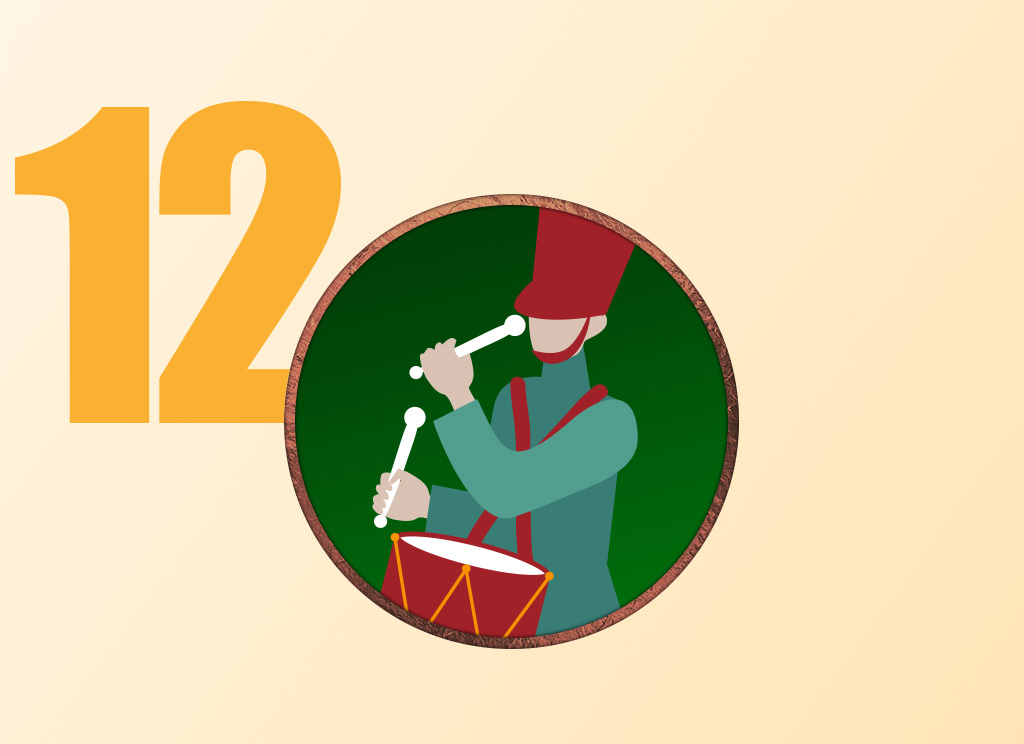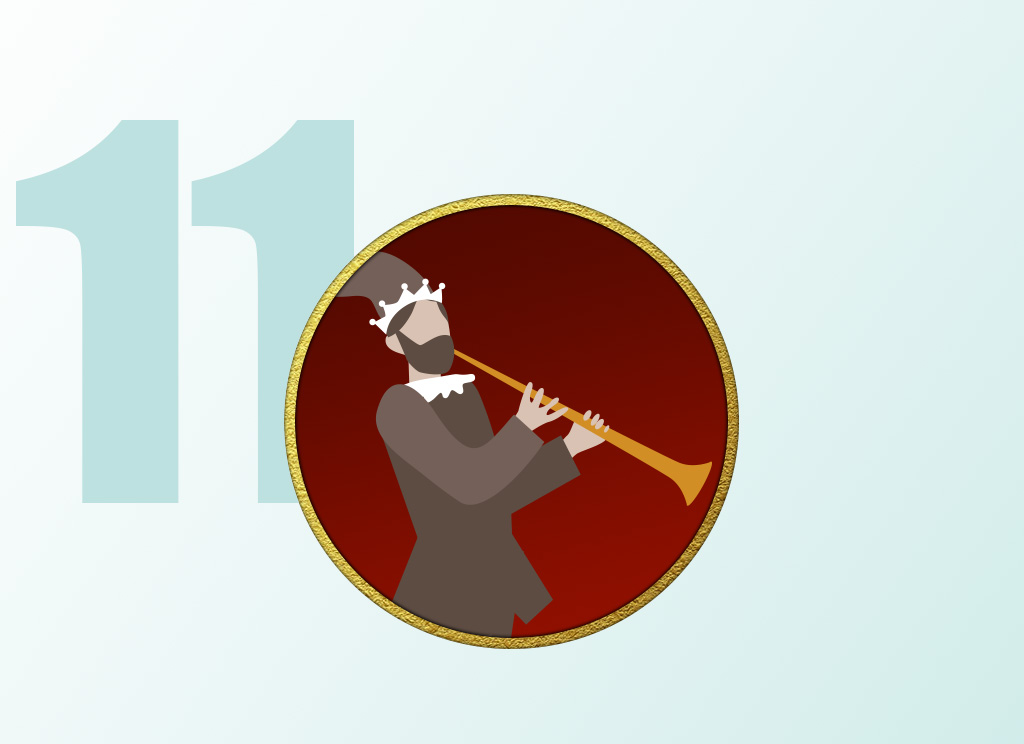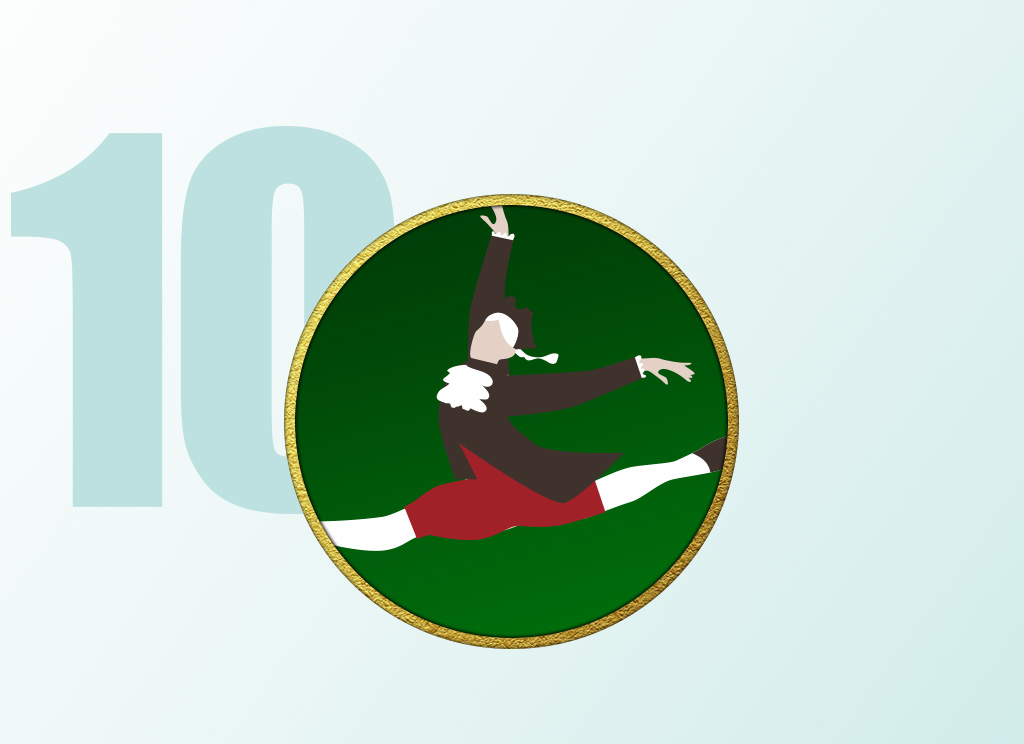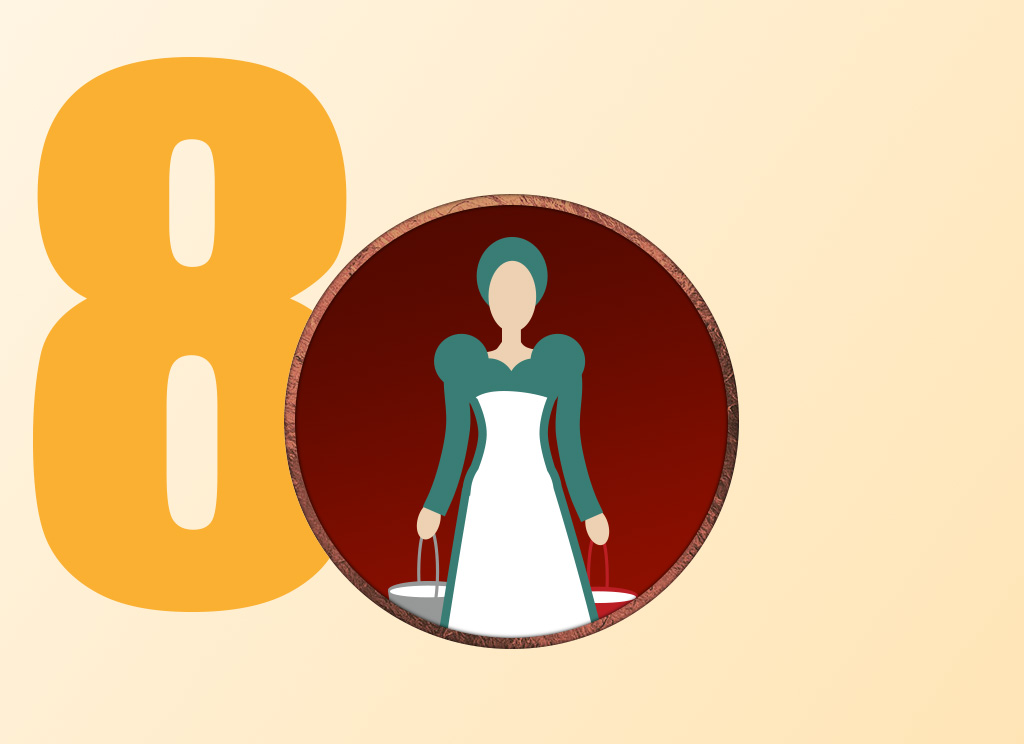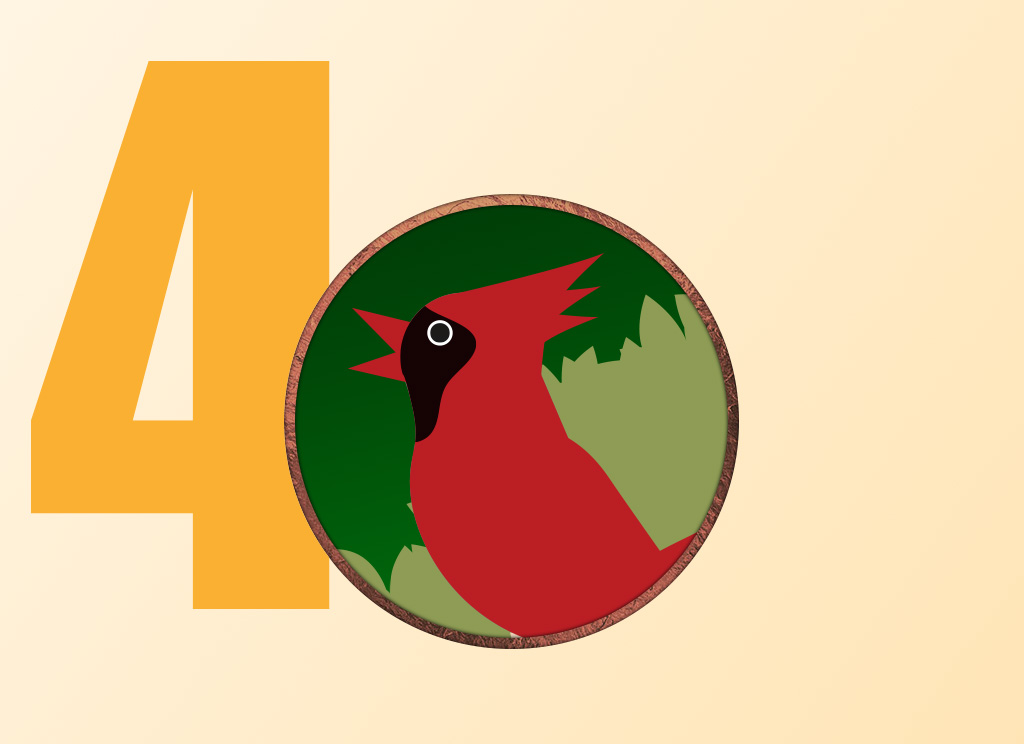On the seventh day of Christmas my true love gave to me, seven swans a-swimming
The seven swans are meant to remind us of the seven gifts of the Holy Spirit
For many of us, today is a day of revelry: we are going to ring in the New Year! Maybe you’re headed to a big bash. Perhaps you prefer a quiet celebration with just a few friends. Or maybe you’re staying home, working on New Year’s resolutions.
As we look forward to bringing in the New Year, it is good to reflect on the gifts of the Holy Spirit. As Catholics, we receive theses gifts in Baptism and more fully in Confirmation. Like any gift, however, we have to open these and use them. Otherwise, they become like that ugly sweater your Aunt Ethel made you that you hide in the back of the closet or that “thing” that you still haven’t figured out (A vase? An umbrella stand? A planter?) from your mother-in-law that you’re pretty sure she re-gifted.
Wisdom. Understanding. Knowledge. Counsel. Fortitude. Piety. Fear of the Lord. Those are some heavy-duty gifts. If we use them daily, they not only serve us well by making us holier, they stand as a sign of God’s love to all those around us.
In 2014, Pope Francis began a catechesis on the Gifts of the Spirit. In his opening remarks, he said:
You know that the Holy Spirit constitutes the soul, the life blood of the Church and of every individual Christian: He is the Love of God who makes of our hearts his dwelling place and enters into communion with us. The Holy Spirit abides with us always, he is always within us, in our hearts.
The Spirit himself is “the gift of God” par excellence (cf. Jn 4:10), he is a gift of God, and he in turn communicates various spiritual gifts to those who receive him. The Church identifies seven, a number which symbolically speaks of fullness, completeness; they are those we learn about when we prepare for the Sacrament of Confirmation and which we invoke in the ancient prayer called the ‘Sequence of the Holy Spirit.’
“The Love of God who makes of our hearts his dwelling place.” That is a stunning statement. God, who is Love, pours Himself into our hearts. In learning, understanding and using these gifts, we come to know God and ourselves more intimately. That intimate knowledge will lead us to our salvation.
As we begin the New Year, let take time to learn more about these gifts and to pray fervently for a deeper understanding of how God wishes us to use them.
Come Holy Spirit, fill the hearts of your faithful and kindle in them the fire of your love. Send forth your Spirit and they shall be created. And You shall renew the face of the earth.
O, God, who by the light of the Holy Spirit, did instruct the hearts of the faithful, grant that by the same Holy Spirit we may be truly wise and ever enjoy His consolations, Through Christ Our Lord, Amen.
[From the United States Conference of Catholic Bishops: “The liturgical season of Christmas begins with the vigil Masses on Christmas Eve and concludes on the Feast of the Baptism of the Lord. During this season, we celebrate the birth of Christ into our world and into our hearts, and reflect on the gift of salvation that is born with him…including the fact that he was born to die for us.” There are, however, the traditional “12 Days of Christmas,” captured in the song of the same title. Some claim the song was meant as catechism of a sort, written and sung for nearly 300 years of British persecution of Catholics. We will be using both the song and the Church’s liturgical calendar to celebrate the Christmas season. We hope you enjoy.]
